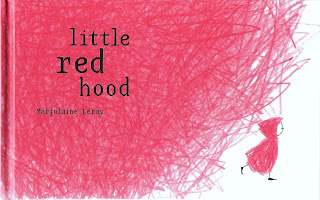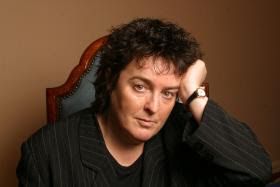 Politics and Literacy. These are amazing times.
Politics and Literacy. These are amazing times.On Friday, Nov. 11, Time magazine published an article by Stephan Faris with the title: Regime Change in Europe: Do Greece and Italy Amount to a Bankers’ Coup? It says the following:
“The voice of the people isn't something the markets seem to want to hear these days. First there was Greece, the cradle of democracy itself, where early this month, the merest mention of a referendum offering its citizens a say in a series of severe austerity measures was enough to send the markets into a tailspin. The ultimate result: the collapse of Prime Minister George Papandreou's ruling coalition, the rejection of any notion of bringing the proposal before the people, and the installation of a caretaker government under the leadership of Lucas Papademos, a former vice president of the European Central Bank and, until earlier this week, a visiting professor at Harvard.
“Then came Italy. As Athens threatened to go under, Rome found itself under pressure not so much for its level of debt — which though high is generally considered within the limits of sustainability — as much as for the erratic behaviour of its flamboyant prime minister, Silvio Berlusconi. On Monday [Nov. 7], investors seemed to make the collective decision that he could no longer be trusted at the helm of the euro zone's third largest economy and sent Italy's cost of borrowing up towards crisis levels. By the end of the week, not only was Berlusconi finished, so was the very idea of holding a vote to replace him. The markets had spoken, and they didn’t like the idea of going to the electorate. ‘The country needs reforms, not elections,’ said Herman Van Rompuy, president of the European Council on a visit to Rome Friday.”






















